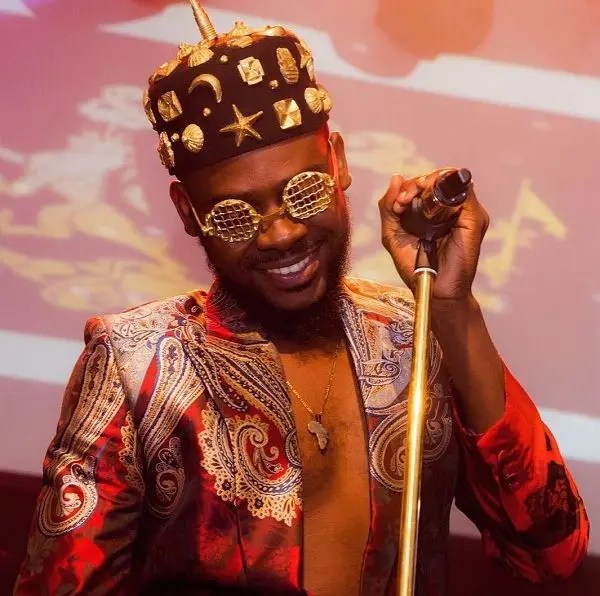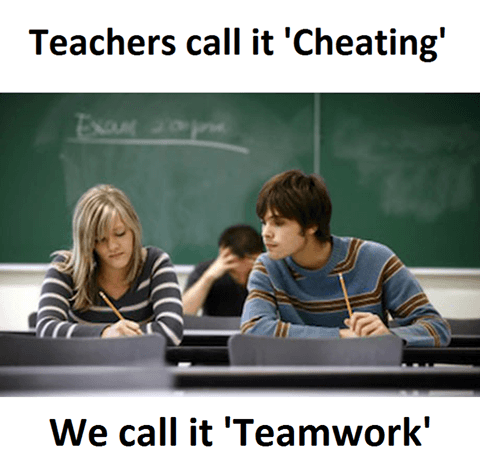
Writing holds the distinction of being both a means of communication and an art form. It is our primary mode of passing on knowledge, aside from direct speech. A technical manual or some expertwriting.org reviews will only describe or review facts. There is no enjoyment value, as the content only aims to inform.
However, our interest is not restricted to a merely descriptive picture of the world. We enjoy stories and often lose ourselves in writings that we know are works of fiction. The vocation of becoming a creative writer is a noble one. However, you will need training.
Creative writing can include seemingly unrelated fields such as screenwriting, fiction, playwriting, and poetry.
From the outside, art seems chaotic, more of an emotional outburst than an actual profession. Yet, there are rules and methods, and they need to be learned. This brings us to our article’s main topic: which are the best colleges with creative writing undergrad degrees?
Some may ask: Isn’t a creative writing program included in almost all Universities? The answer is yes, but it only represents a drop in the bucket. A token effort is no effort at all.
This article is for people who want to focus on creative writing exclusively and don’t want to slog through other, irrelevant subjects.
Northwestern University
Northwestern’s creative writing major falls under the jurisdiction of its English Department. This major is not a well-kept secret. Candidates will have to complete with many others in order to reserve a spot.
Once accepted, students can choose to have creative writing as their minor, major, or take a sequence-only student role. Major benefits will include a chance to attend winter senior reading sessions, personal chats with guest writers, and a whole slew of senior honors.
The application process requires a student to apply during their sophomore year, no later than the spring semester. Certain preconditions must be met before they are accepted.
However, if they manage to get accepted, they will get to work with some of the best professors available. Also, it will be possible to consult with visiting guest creative writers. Each year, an Annual Writers’ Festival is held.
Oberlin College
Students at Oberlin college can choose to study creative writing both as a minor and a major. In total, there are nine associated faculty, along with 57 complete courses. Topics covered include screenwriting, nonfiction, poetry, playwriting, and more.
It can be hard to be accepted into their CW program, considering that the competition is often considerable. The application process requires students to submit twelve pages of their best sample writing, and these applications must be sent to all upper-level workshops.
If successful, you will get to go to class in the prestigious and beautiful Peters Hall at Ohio University.
Hamilton College
Alexander Hamilton gives this college its name. While Hamilton was a relatively obscure historical figure, known only by history buffs, a recent rap musical play changed that situation.
Hamilton’s academic creative writing program puts an emphasis on smaller classes. It also encourages and guides students to develop their writing and reading skills.
One gets the impression that Hamilton focuses on the basics, forming soil from which greatness can spring. Students will have many writing research opportunities. Also, the most astute amongst them can aim for the Emerson Grants program.
Another benefit is represented by the institution’s location, as it is situated a short drive away from some major publishing centers.
Brandeis University
There’s a common misconception that teachers are just aspiring professionals whose careers failed to take off. This misconception is proven wrong by the staff at Brandeis. Creative writing was enshrined as a major back in the early 2000s. Also, all classes are taught by writers with a proven track record. It is comforting to know that the person teaching actually managed to publish something.
Outside observers have noted that the workshops are crackling with energy and potential. A maximum of 14 students is accepted. Some of the most notable activities include panel sessions, sponsored reading series, publishing workshops, student awards, and more.
Many opportunities will show themselves throughout this program.
University of Pittsburg
A student attending this University will have the privilege of participating in one of the nation’s oldest and most distinguished writing programs. Overall, there are three primary pathways that you can take: nonfiction, fiction, and poetry.
Regardless of your choice, you will go through a three-tier class system, finishing with a session seminar.
If you are accepted for their creative writing program, you will be eligible for four distinct awards. There are also special events like the Pittsburgh Contemporary Writers Series.
Stanford University
For those aiming to earn an undergrad degree in creative writing, few institutions offer better options than Stanford. At first glance, it just has an English major, but the truth is that the major has a heavy emphasis on creative writing.
Also, it is possible to choose another major and only minor in creative writing. Students will enjoy a heavy focus on poetry and prose.
Major or minor, you will be getting some of the best education that money or scholarships can buy.
Wallace Stegner is the famous founder of the Creative Writing Program at Standford. In his honor, the Stenger fellowship was created. It accepts five fiction and five poetry fellows each year, so it’s a pretty exclusive club.
While there is no official tangible benefit to participation, students will receive extra experience and guidance. More or less, you will be learning from the best.
Conclusion
Few decisions are as long-lasting and impactful as those related to your education. If your passion is creative writing, you owe it to yourself and your future readers to make an informed decision.
Author Bio
Laura C Fields is an education enthusiast with an affinity for the written word. While she mostly focuses on online education aids such as essay sites, her work often explores all manner of education adjacent topics.



